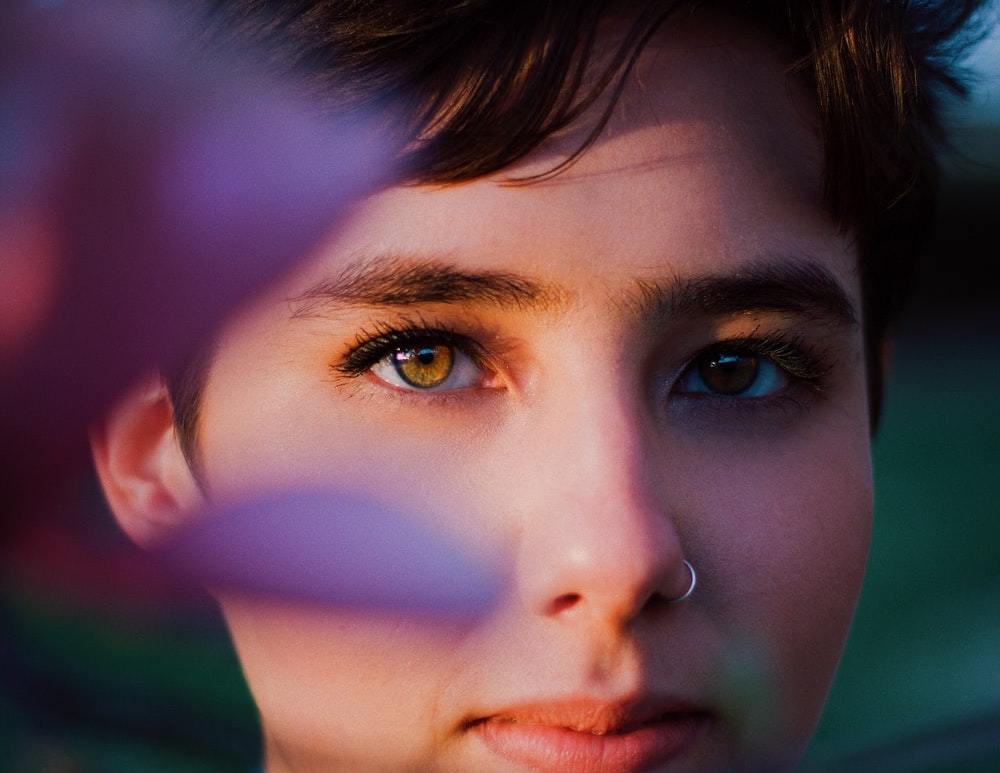
A cancer diagnosis impacts every aspect of life. And while the side effects of treatment affect the body and mind in many ways, vulvar health and sexual function are often not discussed. But we’re here to say it’s ok to talk about these things; in fact, it’s incredibly important! When we normalize taboo topics and educate ourselves, we lift up and honor those who may otherwise suffer in silence. So in honor of Breast Cancer Awareness Month, here’s what you need to know.
Q: Why does cancer treatment impact vulvar/vaginal health?
A: Treatments like chemo, surgery, and radiation can trigger hormone imbalances and impair ovarian function, leading to a number of painful challenges below the belt.
Q: What intimate concerns might cancer patients and survivors experience?
A: Depending on the diagnosis and the treatment, concerns will vary. Some treatments can induce early menopause, which may lead to vulvar itching, irritation, discharge, loss of interest in sex or pain during sex, fatigue, and depression. Chemotherapy and radiation also often cause total hair loss, including pubic hair, which leaves vulvar skin more vulnerable to dryness and irritation. Topical steroids can help with some of these symptoms, which can be complemented with other external moisturizers like Hydrate Ever After.
Q: What about sex?
A: Cancer takes a toll on your sex life. You may find yourself struggling to get in the mood for any hanky panky, or it may be physically painful to engage in sexual activity. The good news is, there is plenty your doctor can do to help you reclaim your sexuality.
“I work with [women who] have not had pleasurable sex for years (some of them up to ten or fifteen years) because of their cancer induced menopause. A simple intervention like a good moisturizer, used consistently, and a lubricant for sex completely changes their lives!”
Q: What if I’m embarrassed to discuss this with my doctor?
A: After the long and arduous journey to survival, some feel regaining sexual function is simply not important. But a healthy sex life is key to regaining a sense of normalcy, and is well-known to have some amazing emotional and physical benefits. Other people feel strange asking their doctor for advice on such a deeply personal matter. The reality is, 96% of healthcare providers say it’s their job to do exactly that. Remember your doctor is a professional who wants to help! You can also look into community-based resources like The Breasties, where you can connect with other survivors.
Q: Is there anything I can do on my own?
A: If you’re experiencing vulvar dryness or irritation, external moisturizers like Rescue Balm and Hydrate Ever After help replenish lost moisture. And when you’re ready to get back in the swing of things sexually, finding the right lubricant can make all the difference in the world.
Q: What ingredients should I avoid during and after cancer treatment?
A: When choosing a lubricant or moisturizer, there are a few ingredients that come with an increased risk of irritation. Glycerin, parabens, alcohol, propylene glycol, and fragrance are a few of the most common. Both Rescue Balm and Hydrate Ever After are free from these potential irritants, and our unscented wash and fragrance-free wipes are a gentle way to cleanse and balance sensitive vulvar skin.
If you’re a cancer patient or survivor, it’s ok to ask for help - even with issues like vulvar skin health and sexual function. Talk to your doctor to explore treatment options, and remember you’re not alone. For more information on cancer treatment and intimate health, we recommend checking out the National Cancer Institute, the Canadian Cancer Society, or get involved with our friends at The Breasties.


